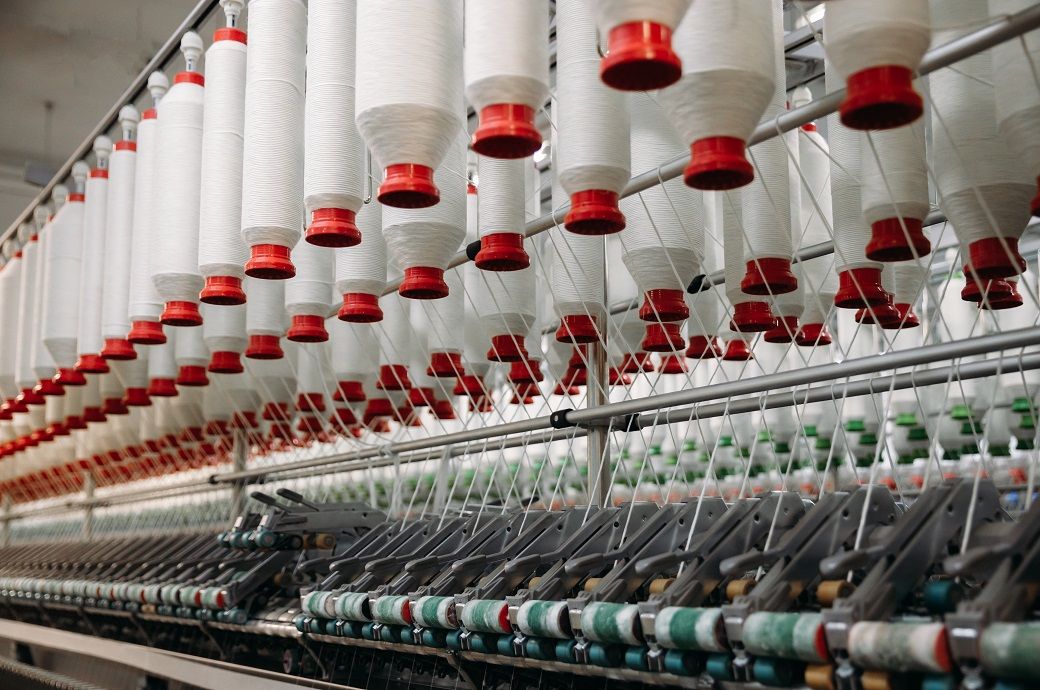

In the euro area in February 2023, compared with January 2023, production of nondurable consumer goods grew by 1.9 per cent, intermediate goods and energy both by 1.1 per cent, and durable consumer goods by 0.2 per cent, according to estimates from Eurostat, the statistical office of the EU.
In the EU, production of non-durable consumer goods grew by 2.4 per cent, energy by 1.2 per cent, intermediate goods by 0.6 per cent, and durable consumer goods remained stable. Among member states for which data are available, the highest monthly increases were registered in Belgium at 6.1 per cent, Luxembourg at 4.9 per cent, and Greece at 4.8 per cent. The largest decreases were observed in Slovenia at -3.6 per cent, Finland at -2.3 per cent, and Portugal at -2.0 per cent.
In the euro area in February 2023, compared with February 2022, production of non-durable consumer goods rose by 3.3 per cent, while production of energy fell by 3.3 per cent, durable consumer goods by 3.5 per cent, and intermediate goods by 4.9 per cent.
In the EU, production of non-durable consumer goods rose by 5.8 per cent, while production of energy fell by 4.2 per cent, durable consumer goods by 5.1 per cent, and intermediate goods by 5.4 per cent. Among member states for which data are available, the highest annual increases were registered in Ireland at 25.3 per cent), Malta at 17.1 per cent, and Denmark at 15.7 per cent. The largest decreases were observed in Estonia at -7.4 per cent, Lithuania at -6.9 per cent, Slovakia and Romania, both at -4.7 per cent.
Fibre2Fashion News Desk (NB)